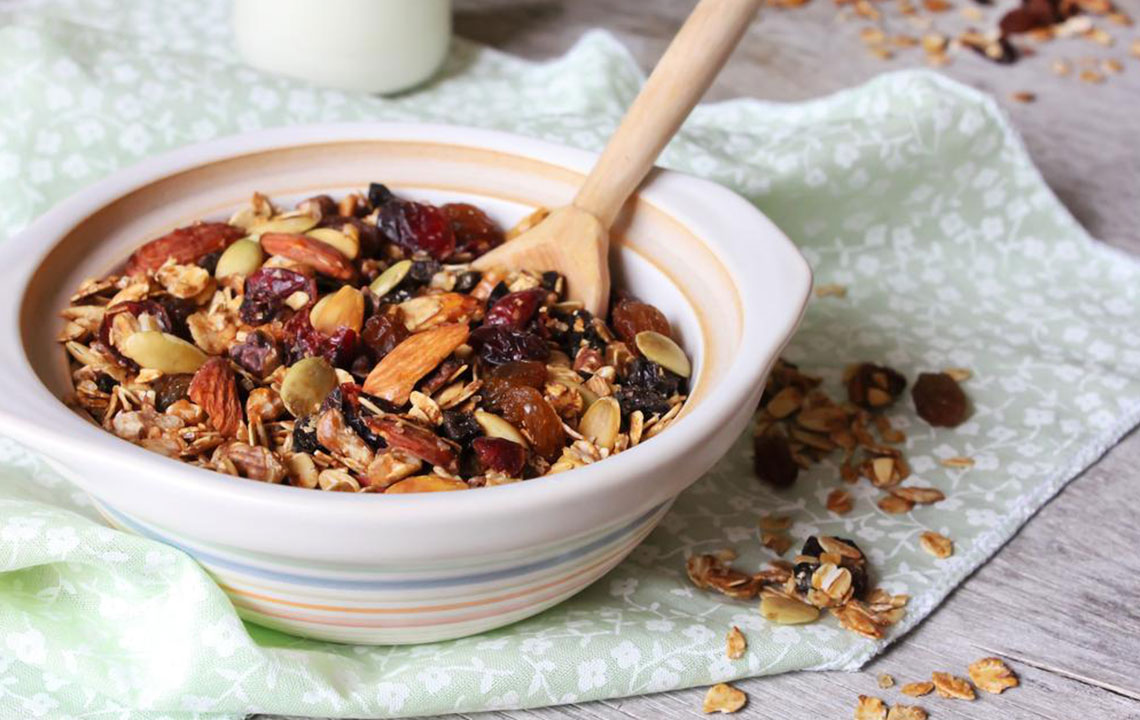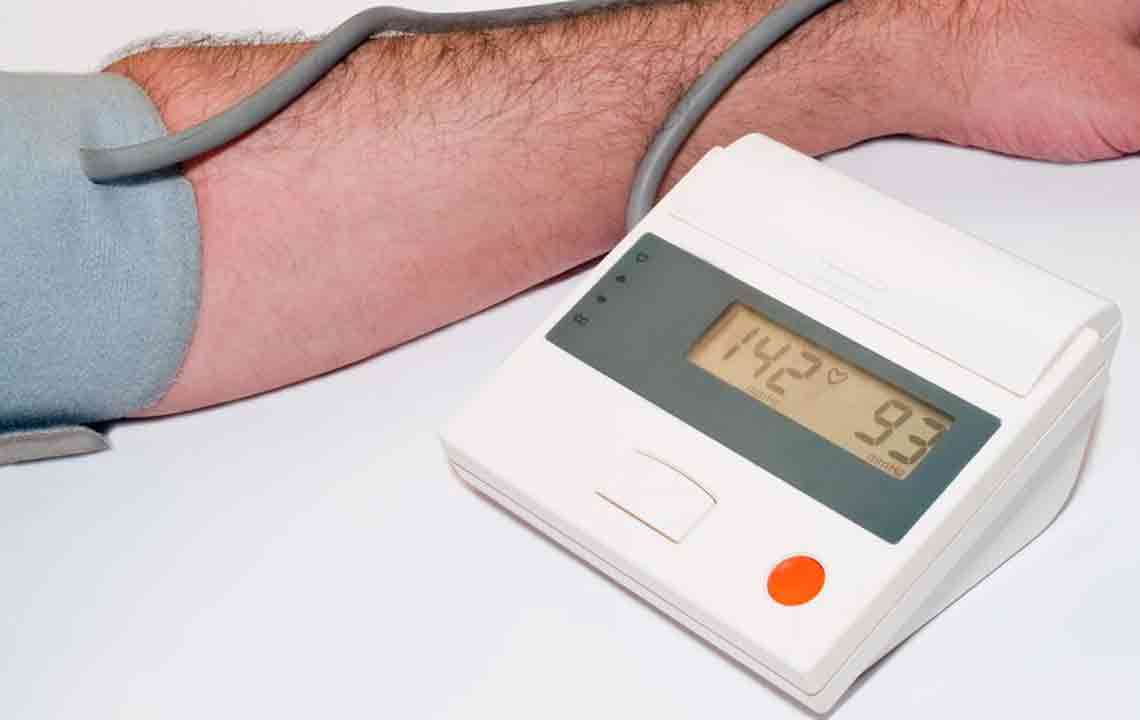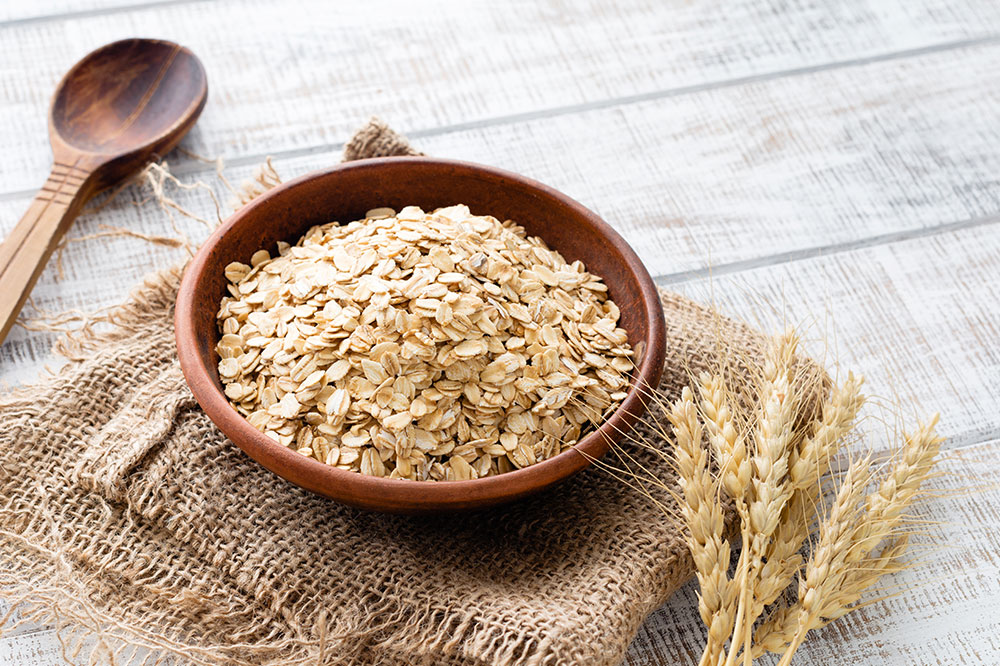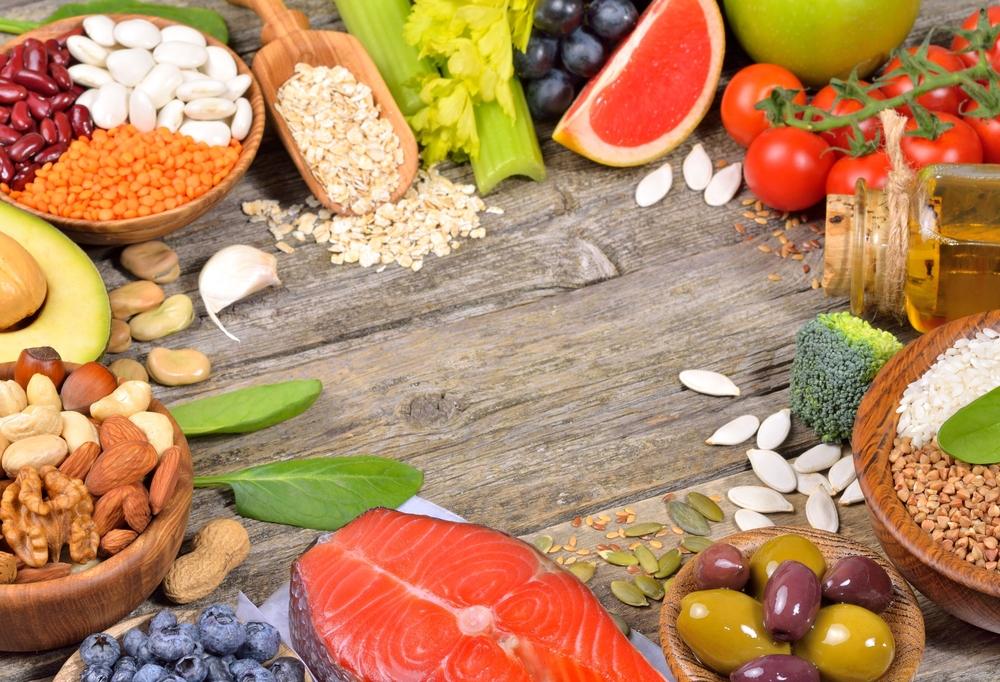How Diet Influences Cholesterol Levels: Foods to Choose and Avoid
Discover how diet influences cholesterol levels and learn which foods to include or avoid for optimal heart health. This guide highlights beneficial nutrients and dietary choices that can help manage cholesterol effectively through mindful eating, promoting a healthier cardiovascular system and reducing heart disease risk. Incorporate fiber-rich foods, healthy fats, and heart-healthy herbs while limiting saturated fats, trans fats, sugar, and processed foods for better cholesterol balance.

Optimizing Cholesterol Through Dietary Choices
Differentiating Good and Bad Cholesterol
HDL cholesterol, the "good" type, helps remove LDL cholesterol by transporting it to the liver for processing. Increasing HDL levels benefits heart health, so incorporating foods that boost HDL is beneficial.
LDL cholesterol, known as "bad" cholesterol, contributes to plaque buildup within arteries, raising the risk of blockages and heart attacks. Restricting foods that elevate LDL is crucial for cardiovascular well-being.
Foods to Limit or Avoid
Some foods significantly raise LDL cholesterol and should be consumed sparingly or avoided:
Saturated Fats - Found in red meats such as beef, pork, lamb, and poultry with skin, saturated fats increase LDL. Limit intake of these, along with butter, cream, cheese, and full-fat dairy products.
Trans Fats - Present in processed baked goods, fried snacks, pastries, cookies, and doughnuts made with hydrogenated oils. These fats are harmful and should be avoided entirely.
High Salt Consumption - Excessive salt intake can raise blood pressure and strain the heart. Processed foods, canned items, and fast foods are typically high in salt; consume them in moderation.
Sugar - Excess sugar intake can increase blood glucose and weight, heightening cardiovascular risk. Limit candies, sodas, ice cream, and baked goods with added sugars. Opt for fresh fruits instead.
Unhealthy Junk Food - Fried, fast, and heavily processed snacks contain high levels of trans fats, salt, and sugar. Cutting back on these can improve cholesterol levels.
Foods to Include
Adding certain foods can help raise HDL cholesterol and promote heart health:
High-Fiber Items - Nuts, legumes, seeds, whole grains like oats and barley, fruits (especially with skins), and vegetables like broccoli and Brussels sprouts help reduce LDL cholesterol.
Herbs and Spices - Turmeric, garlic (raw), ginger, oregano, mint, and cinnamon add flavor and may assist in lowering bad cholesterol.
Eggs - Consuming eggs, especially 1-3 daily, can elevate HDL levels and provide essential nutrients.
Fruits and Vegetables - Nutrient-rich options like avocados, berries, carrots, tomatoes, onions, grapes, and citrus fruits support cardiac health.
Whole Grains - Incorporate oats, brown rice, whole wheat bread, and quinoa for improved heart health and weight management.
Healthy Fats - Opt for natural oils such as olive, canola, and sunflower oil; include fatty fish like salmon, sardines, and trout for omega-3 benefits.
Balancing cholesterol requires a nutritious diet, regular exercise, and stress management. Together, these lifestyle habits help reduce cardiovascular disease risk.
Important Reminder:
Our blog shares valuable health insights. While informative, our content is not a substitute for professional medical advice. Consult healthcare providers for personalized guidance. The information may not reflect the latest research or all available options, and we do not accept responsibility for inaccuracies.


